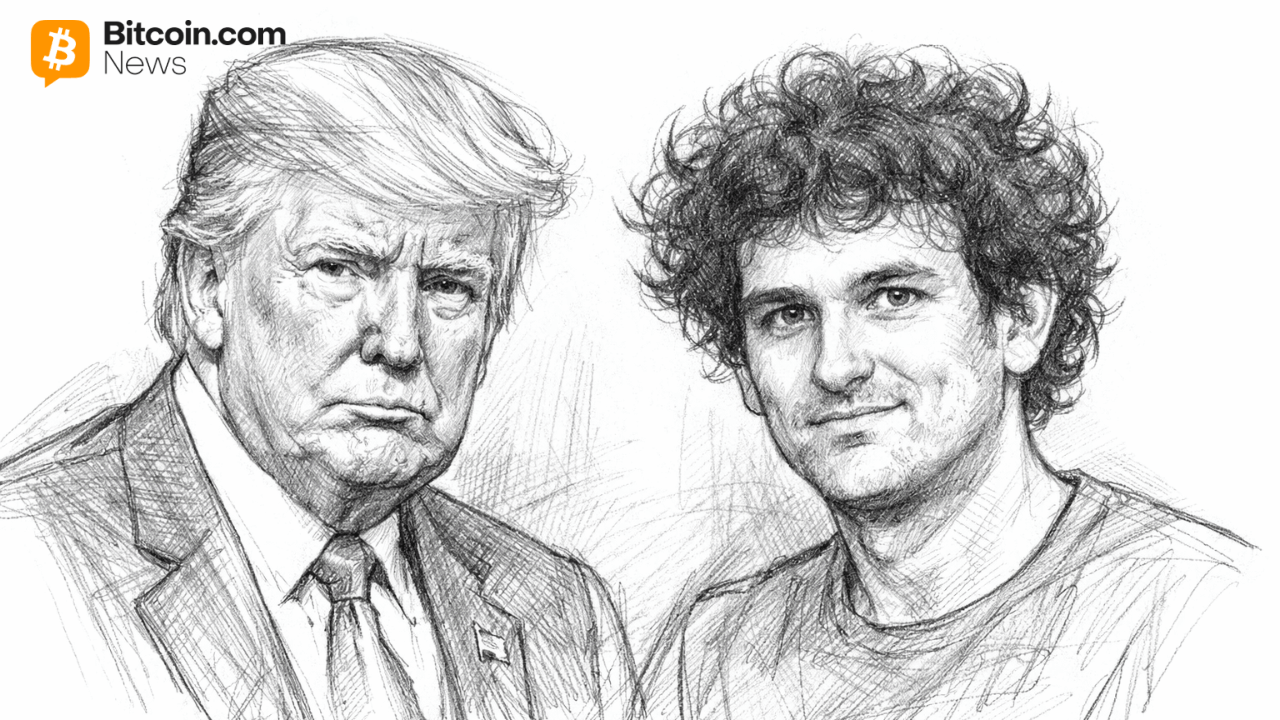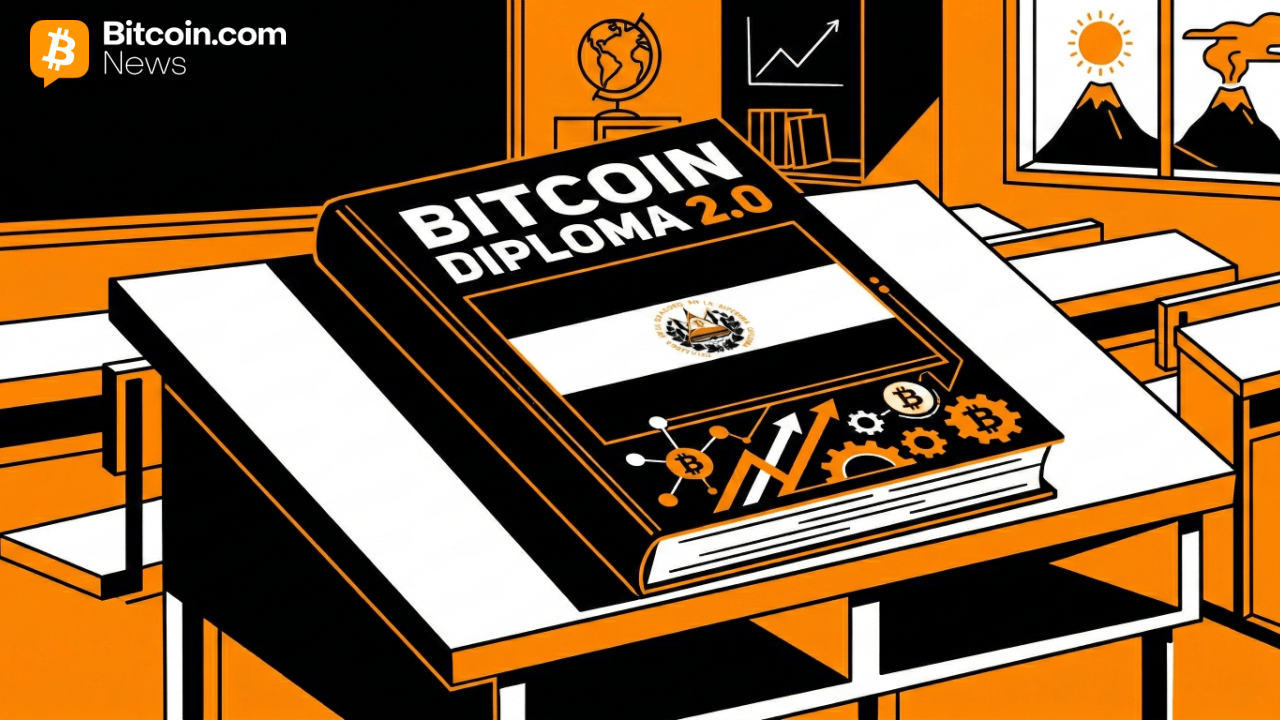Quantum Computers Pose New Threat as Researchers Crack Encryption Protocols
(Originally posted on : Crypto News – iGaming.org )
With the aid of quantum computing, Chinese researchers from Shanghai University have boldly claimed to have effectively cracked encryption techniques used in the cryptocurrency and banking industries. According to the South China Morning Post, the team, lead by Wang Chao, used a quantum computer manufactured by the Canadian company D-Wave Systems to carry out the breach using a method known as quantum annealing.
Targeting Cryptography Algorithms
The researchers focused on algorithms like Present, Gift-64, and Rectangle, which are fundamental to the Substitution-Permutation Network (SPN) structure. This structure underpins advanced encryption standards (AES), widely trusted in the protection of cryptocurrency wallets. AES-256, known for its robustness, has been considered one of the most secure encryption protocols available. However, quantum advancements may now threaten the long-standing security of these encryption methods.
Wang’s research paper detailed quantum annealing as a method that mirrors artificial intelligence algorithms, optimizing solutions globally by identifying the lowest energy state. Unlike traditional methods that explore every path, quantum tunneling enables particles to bypass obstacles, potentially unlocking cryptographic systems more efficiently.
“This is the first time that a real quantum computer has posed a real and substantial threat to multiple full-scale SPN structured algorithms in use today,” Wang’s team asserted. The team’s work suggests that quantum computers could, in the near future, expose user funds to theft by overcoming current encryption protocols at a rapid pace.
Researchers noted that despite this advancement, a number of obstacles still stand in the way of a complete quantum attack. For the time being, environmental concerns, technological constraints, and the difficulty of creating a single attack algorithm prevent widespread encryption breaches. Furthermore, even though the quantum computer attack achieved a great deal of progress, the precise passcodes utilized in the tested methods were not completely disclosed.
New players only. Exclusive 111% Welcome Bonus + 111 Free Spins
However, this research suggests that the future of digital security may be concerning. Publication of the results in the peer-reviewed China Computer Federation (CCF) Chinese Journal of Computers on September 30 brought attention to the changing field of cryptographic vulnerabilities.







 Bitcoin
Bitcoin  Ethereum
Ethereum  Tether
Tether  XRP
XRP  USDC
USDC  Solana
Solana  TRON
TRON  Figure Heloc
Figure Heloc  Lido Staked Ether
Lido Staked Ether  Dogecoin
Dogecoin  WhiteBIT Coin
WhiteBIT Coin  Cardano
Cardano  USDS
USDS  Bitcoin Cash
Bitcoin Cash  LEO Token
LEO Token  Wrapped stETH
Wrapped stETH  Hyperliquid
Hyperliquid  Canton
Canton  Wrapped Bitcoin
Wrapped Bitcoin  Chainlink
Chainlink  Binance Bridged USDT (BNB Smart Chain)
Binance Bridged USDT (BNB Smart Chain)  Monero
Monero  Ethena USDe
Ethena USDe  Stellar
Stellar  USD1
USD1  Wrapped eETH
Wrapped eETH  Rain
Rain  Hedera
Hedera  sUSDS
sUSDS  Dai
Dai  PayPal USD
PayPal USD  Litecoin
Litecoin  Coinbase Wrapped BTC
Coinbase Wrapped BTC  Avalanche
Avalanche  Zcash
Zcash  Sui
Sui  WETH
WETH  Shiba Inu
Shiba Inu  Toncoin
Toncoin  Cronos
Cronos  USDT0
USDT0  World Liberty Financial
World Liberty Financial  Tether Gold
Tether Gold  Polkadot
Polkadot  PAX Gold
PAX Gold  MemeCore
MemeCore  Uniswap
Uniswap  Mantle
Mantle  Ethena Staked USDe
Ethena Staked USDe  BlackRock USD Institutional Digital Liquidity Fund
BlackRock USD Institutional Digital Liquidity Fund  Circle USYC
Circle USYC  Global Dollar
Global Dollar  Falcon USD
Falcon USD  Aave
Aave  Aster
Aster  Bittensor
Bittensor  OKB
OKB  Pi Network
Pi Network  Pepe
Pepe  Sky
Sky  syrupUSDC
syrupUSDC  Bitget Token
Bitget Token  Ripple USD
Ripple USD  HTX DAO
HTX DAO  NEAR Protocol
NEAR Protocol  Internet Computer
Internet Computer  Ethereum Classic
Ethereum Classic  BFUSD
BFUSD  Ondo
Ondo  Superstate Short Duration U.S. Government Securities Fund (USTB)
Superstate Short Duration U.S. Government Securities Fund (USTB)  POL (ex-MATIC)
POL (ex-MATIC)  Gate
Gate  Worldcoin
Worldcoin  KuCoin
KuCoin  Pump.fun
Pump.fun  Jupiter Perpetuals Liquidity Provider Token
Jupiter Perpetuals Liquidity Provider Token  Midnight
Midnight  Quant
Quant  Cosmos Hub
Cosmos Hub  NEXO
NEXO  Jito Staked SOL
Jito Staked SOL  Ethena
Ethena  USDtb
USDtb  Spiko EU T-Bills Money Market Fund
Spiko EU T-Bills Money Market Fund  Binance-Peg WETH
Binance-Peg WETH  Rocket Pool ETH
Rocket Pool ETH  Official Trump
Official Trump  Algorand
Algorand  Binance Bridged USDC (BNB Smart Chain)
Binance Bridged USDC (BNB Smart Chain)  OUSG
OUSG  USDD
USDD  Wrapped BNB
Wrapped BNB  Filecoin
Filecoin